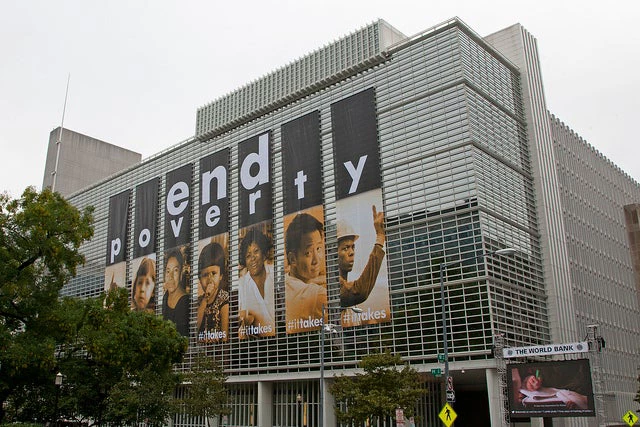
When it comes to engagement in the fight against corruption, developing country governments span a wide range. Some are willing to investigate and prosecute corruption; others are more reluctant.
Some can count on a well-organized and responsive civil service; others cannot. In short, from the perspective of intergovernmental organizations interested in combatting corruption, some governments are better partners than others.
For those states unable or unwilling to be strong allies in the fight against corruption in World Bank projects, efforts must be channeled through actors other than the government. And since corrupt transactions—like a tango (it takes two) —there is always an alternative actor to address: the private sector.
But this realization only begs the question of what leverage non-sovereign actors like the World Bank might hold over private, bribe-paying, firms. While they can’t issue criminal sanctions like sovereign nations, intergovernmental organizations can take advantage of pre-existing marketplace dynamics and leverage them to encourage good behavior. Approaching corruption from this direction is known as “collective action.”
The goal is to incentivize private corporations to act collectively, rather than individually, to improve their practices.
How is this done?
It is done by attacking market failures that make paying bribes and other forms of corruption appear to be attractive—even essential—means for improving a firm’s bottom line.
For example, in a market where bribes are paid as a matter of course, refusal to pay is more than simply a moral question—it’s an economic one. When a market is so corrupt that civil servants can just move on to the next firm who is willing to pay a bribe or offer a kickback, firms unwilling to do so suffer financially as a result, losing out on essential contracts and government services.
A collective action approach to this problem could be to bring all the firms in a particular market together and have each of them, all at once, agree to 3rd party auditing. This way, no one firm uniquely burdens itself by accepting accountability for its actions.
Another problem facing firms who, all else equal, would like to engage in clean business practices, is the expense of monitoring and accountability. The expense of creating the internal infrastructure for monitoring employees, transactions, and engagements is even more of a burden for small and medium sized enterprises.
Couple the modest budgets of smaller firms with the inexperience in creating internal anti-corruption systems, and it’s no surprise to see SMEs deciding that implementing anti-corruption mechanisms simply isn’t worth the effort.
Perhaps this is a space where actors like the World Bank can play a role. If an impediment to the private sector implementing anti-corruption checks is lack of knowledge, an international actor like the Bank could serve as a knowledge facilitator by acquiring, organizing, and distributing best practices for private sector anti-corruption activities.
If an impediment is start-up costs, the Bank could design incentives that would offset some of those costs.
Despite not having direct authority over private firms, the Bank may still have a role to play in guiding their actions. Modest tinkering of incentives can go a long way, because in some parts of the world there may be few other options.
Tweet this: Refusal to pay a bribe is sometimes more than simply a moral question—it’s an economic one.
Tweet this: Creating monitoring infrastructure is even more of a burden for #SMEs. What can be done?


Join the Conversation